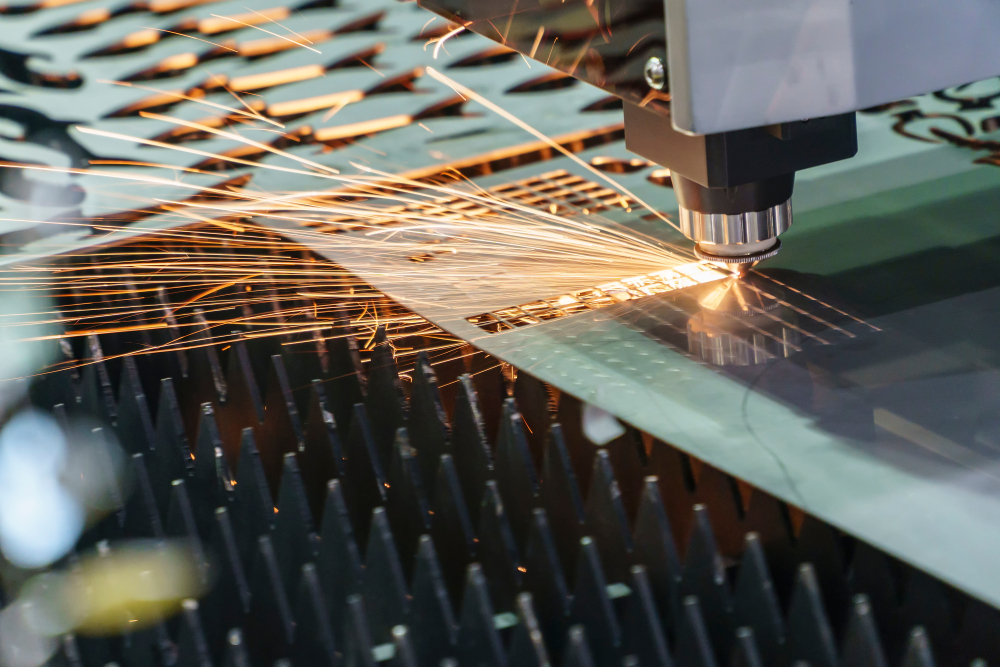


Let’s take a look at the IMPORTANCE of CODE CLEARING, CALIBRATIONS and YOUR INSURER!
As technology in our cars continues to expand - it is helpful to have an understanding of why and how these procedures play a part in the pre-, mid- and post-repair.
Every manufacturer has their own position statement in relation to the way these procedures are to be carried out. Some of these are explicit in instruction regarding their expectation and use words “MUST” or “ESSENTIAL”
Some are a little vague and choose to use words like “recommend” or “suggested”.
Some insurance companies operate utilising “Average Cost of Repair” this can in some cases be at loggerheads with the Manufacturers Position Statements for action on Coding.
EXAMPLE
(This is an actual extract from an email received by an insurer, as a directive on a recent repair)
“Management has advised me that if there is no fault showing on the dash we would not consider a scan required. They are happy to take responsibility for any problems that may arise in the future as we offer a lifetime warranty on all repairs”
Using the same vehicle as an example, the manufacturer states their position that all vehicles being assessed for collision damage repairs must be tested for Diagnostic Trouble Codes (DTCs) during the repair estimation in order to identify the required repairs. Additionally, the vehicle must be re-tested after all repairs are complete in order to verify that the faults have been repaired and new faults have not been introduced during the course of repairs.
A pre-repair scan procedure can identify more extensive repairs than originally expected.
A post repair scan procedure, it can reset your vehicle, and confirm that all safety systems are once again fully operational. Including sensor modules and battery systems.
While some fault codes present as a light on the dash, not all do.
Some can be considered hard faults and may remain present until cleared.
They have the potential to create an unnecessary diagnostic distraction from a real concern in the future.
Next month we look at calibrations.
Andrea McCarthy
McCarthy Panel Works